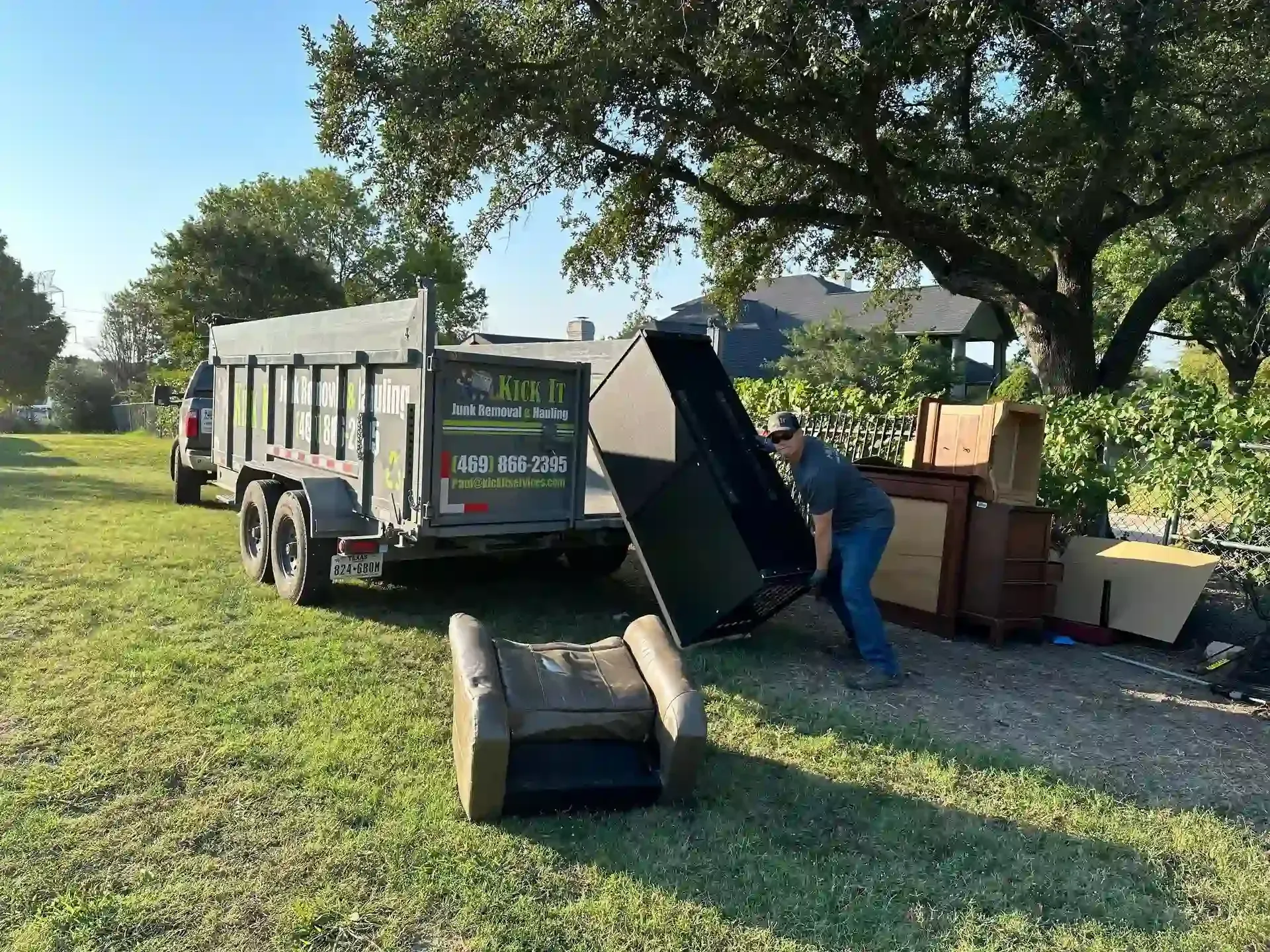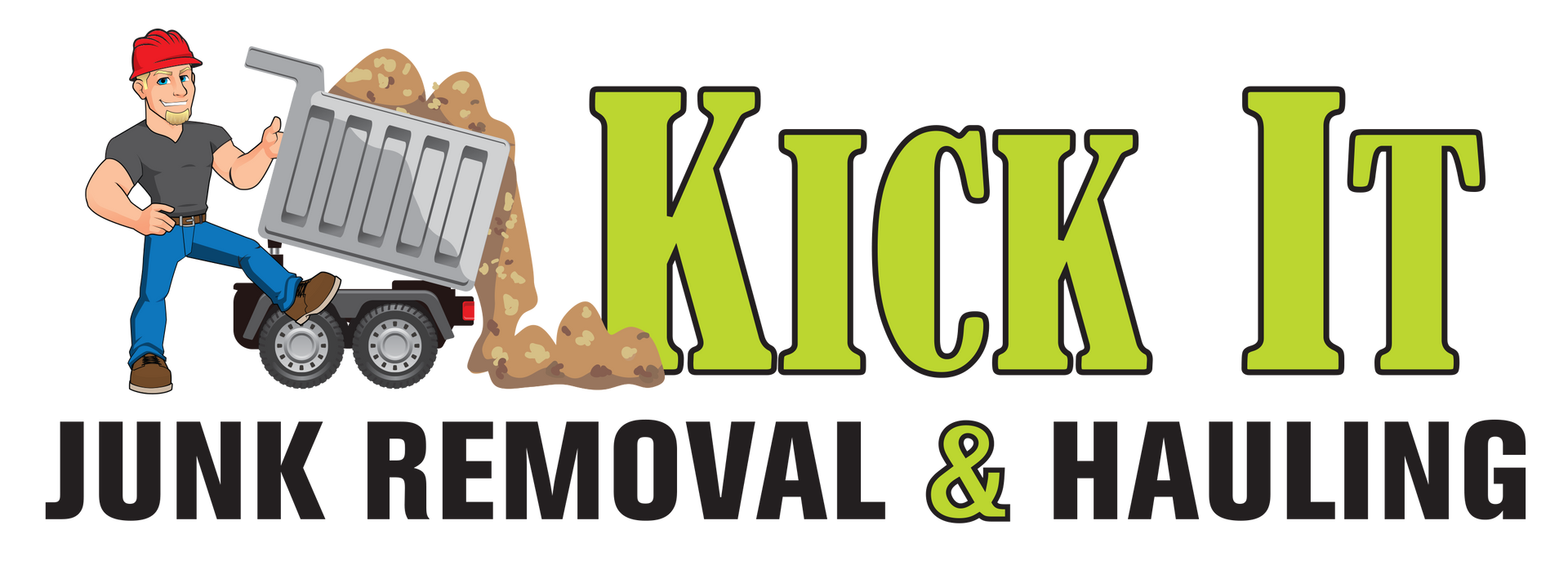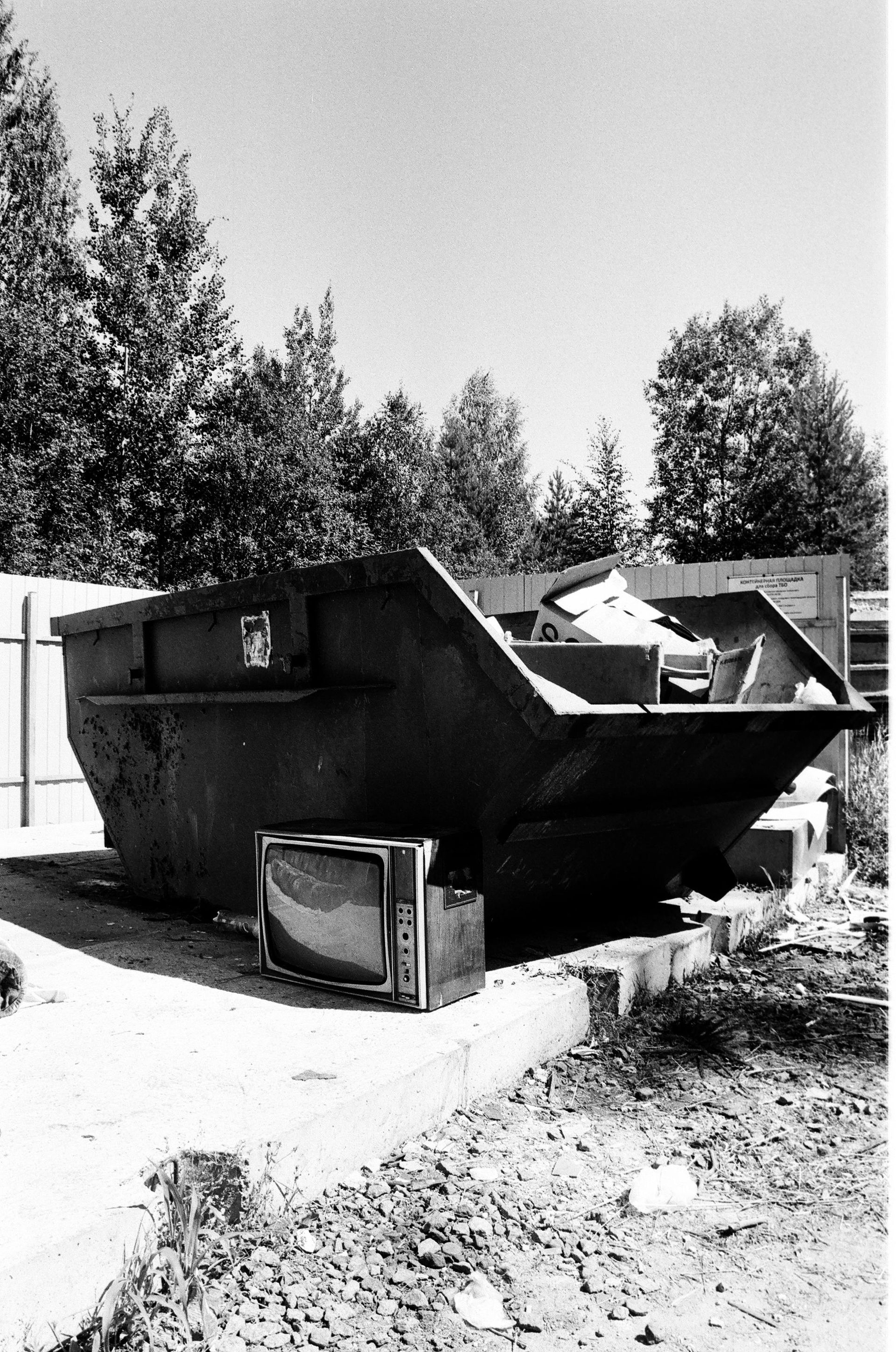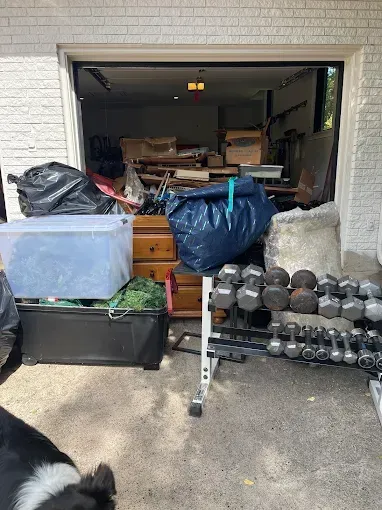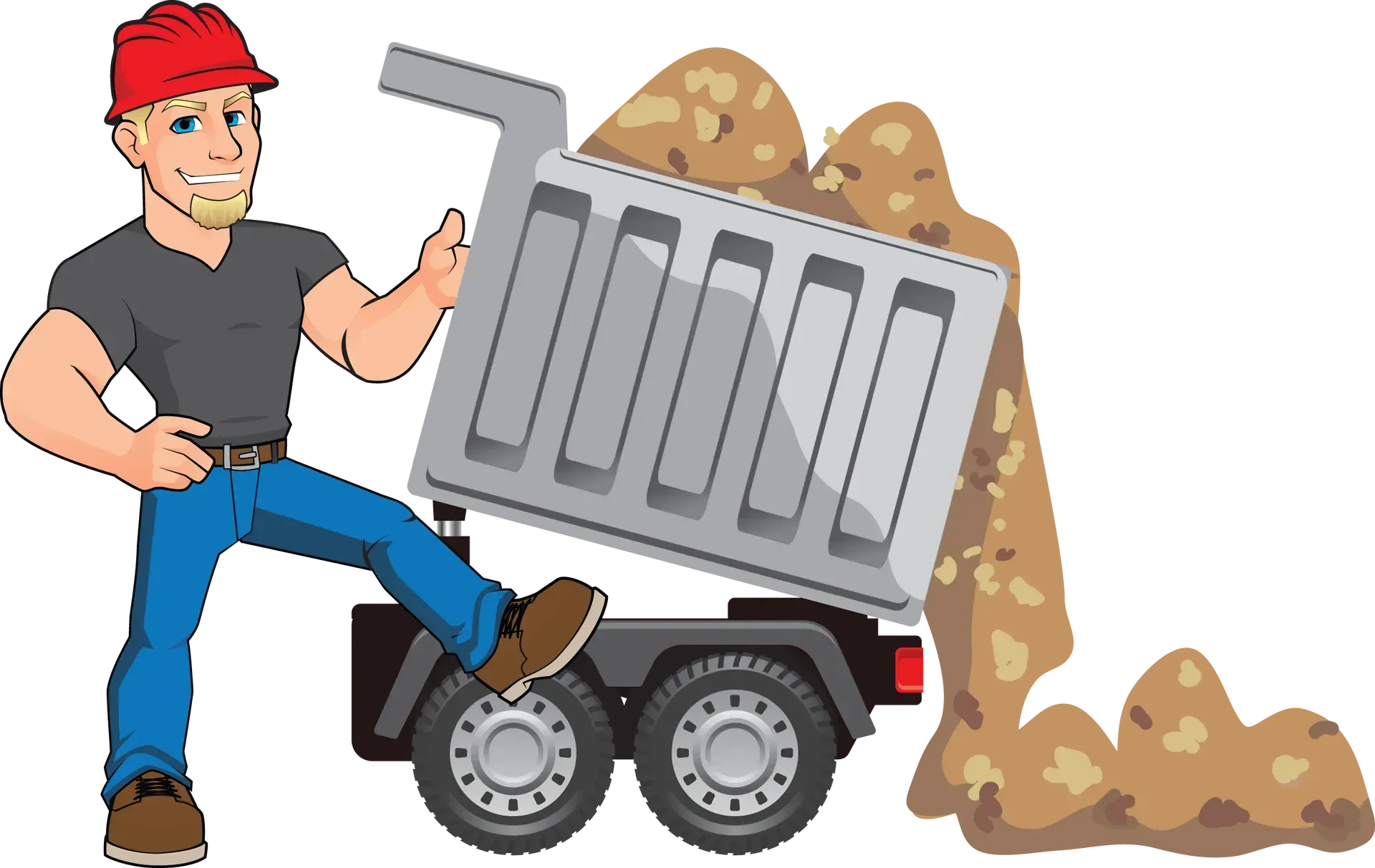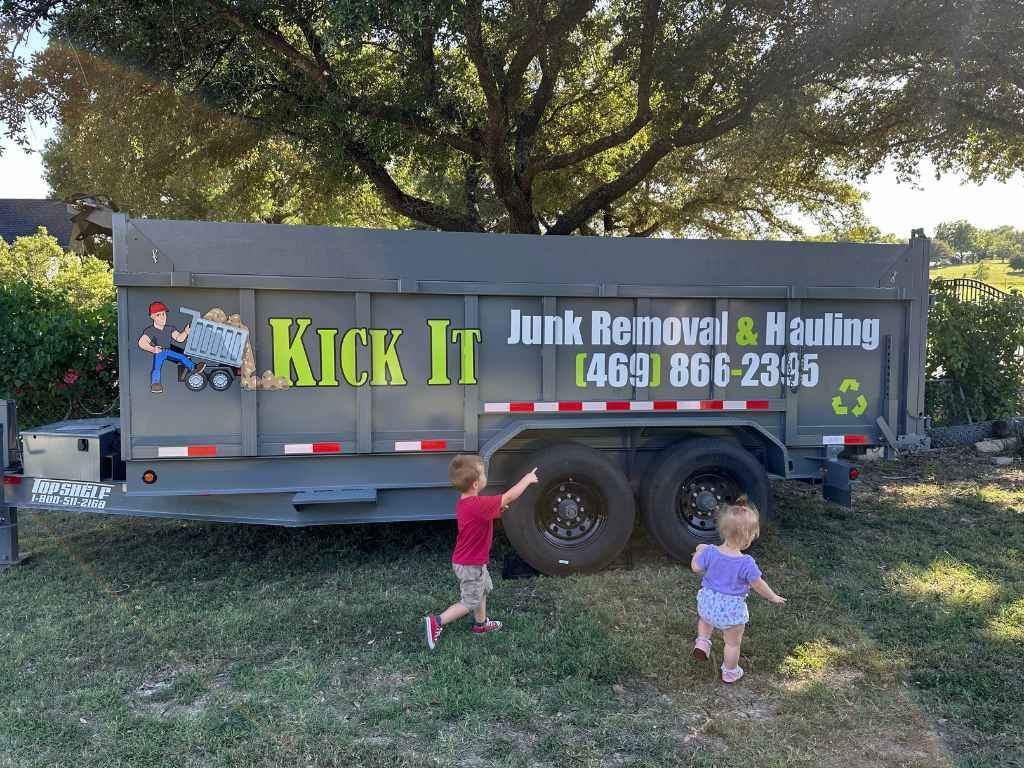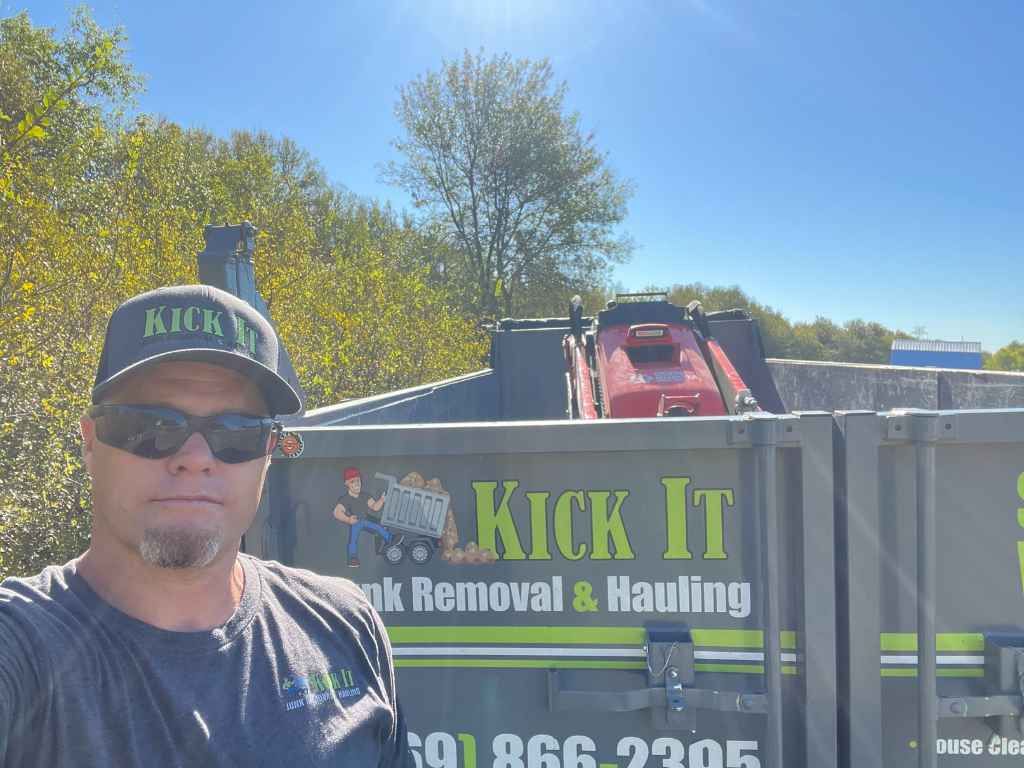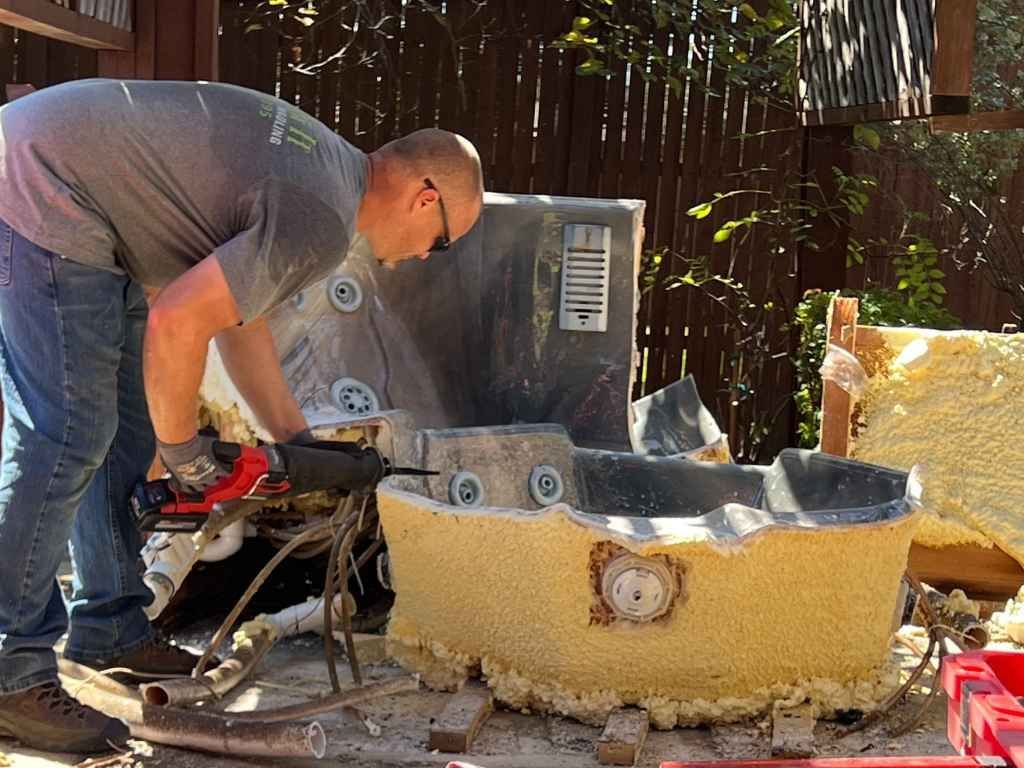Managing Office Junk: Best Practices for Commercial Spaces
In the bustling world of office environments, where productivity reigns supreme, it's easy for clutter to slowly pile up over time. From broken furniture and old electronics to stacks of paperwork and office supplies, junk in the workplace can quickly become overwhelming. More than just an eyesore, office junk can impede the flow of your daily operations, create safety hazards, and negatively impact the morale of your employees. But fear not – managing office junk doesn't have to be a daunting task. In this guide, we’ll explore the best practices for handling office waste in a way that keeps your workspace organized, efficient, and ready for success.
Best Strategies for Managing Office Junk in Commercial Spaces
Managing office junk requires more than just occasional tidying up; it involves creating a sustainable system to keep your space clutter-free. Regular clean-up schedules, designated junk zones, and a paperless strategy are essential in preventing unnecessary accumulation of office waste. Ensuring that employees are on board with these initiatives can help maintain a clean and productive environment, ultimately benefiting the overall workflow.
The implementation of recycling and donation programs is also an effective way to deal with office junk responsibly. These measures not only help reduce waste but contribute positively to the community. When these best practices are followed consistently, your office can remain organized, efficient, and ready to tackle daily tasks with ease.
The Hidden Costs of Office Junk
Before diving into the solutions, it’s crucial to understand the true costs of office junk. A cluttered workspace is more than just a visual problem – it can affect every aspect of your business operations. Here's how:
Reduced Productivity: Employees working in cluttered environments can become distracted and feel stressed, leading to a decrease in overall productivity. Studies have shown that tidier spaces often promote better focus and concentration.
Increased Safety Hazards: Piles of paper, old office equipment, and discarded packaging materials are potential fire hazards. Uncluttered aisles and workspaces are essential for avoiding accidents, especially in busy office settings.
Missed Opportunities for Growth: An office that's bogged down with junk leaves little room for innovation. When storage spaces are overstuffed or important documents are lost in piles of clutter, growth opportunities and strategic initiatives can be delayed or entirely missed.
Poor Professional Image: The condition of your office can directly impact how clients and partners perceive your business. A clutter-free, organized workspace signals that you take your operations seriously, fostering confidence in your professionalism.
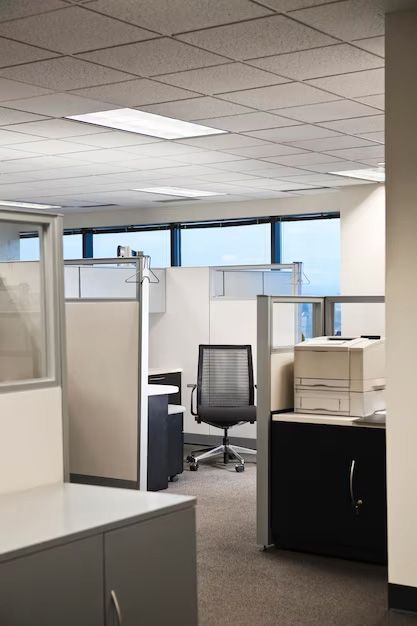
Best Practices for Managing Office Junk
Managing junk in an office is not just about a one-time clean-up; it’s about establishing consistent practices that keep your space efficient and organized year-round. Here are some proven strategies to help you get started:
Set Up a Regular Clean-Out Schedule
The key to staying on top of junk is to make decluttering a routine part of your office operations. Setting up a regular clean-out schedule ensures that your office space never becomes too overwhelming to tackle.
Daily Clean-Up: Encourage employees to tidy up their workstations at the end of each day. This can include filing paperwork, throwing away old coffee cups, and ensuring any clutter is removed from desks and common areas.
Weekly Office Clean-Up: Every week, allocate time for a more thorough clean-up. This can involve organizing storage closets, filing away papers, and removing outdated office supplies.
Quarterly Deep Clean: At least once every quarter, schedule a deep clean of your office. This is the time to evaluate things like unused equipment, broken furniture, or piles of old documents that can be safely shredded and disposed of.
By making these clean-up tasks a part of your office culture, you help prevent junk from accumulating and becoming an overwhelming task later.
Create Designated Junk Zones
In every office, there are areas that inevitably collect junk, whether it’s old paperwork, broken electronics, or other discarded materials. Rather than letting these items scatter throughout the office, designate specific "junk zones" for these items to be stored temporarily until they can be sorted and dealt with.
Junk Drawer System: Every desk should have a "junk drawer" where small items like pens, paper clips, and miscellaneous office supplies can be kept until they are needed or discarded.
Centralized Junk Storage: Set up a centralized area in your office where larger items like old furniture, outdated office equipment, or used electronics can be stored temporarily. This area should be clearly labeled, and employees should be trained on what can and cannot be stored there.
By creating these designated spaces, you prevent clutter from spreading throughout your entire office and make it easier to monitor what needs to be disposed of or recycled.
Implement a Paperless Strategy
Paper clutter is one of the most common forms of office junk, and it often builds up before you even realize it. To combat this, adopt a paperless strategy for your office. This doesn’t mean completely eliminating paper – some documents still need to be printed – but it does mean significantly reducing the amount of physical paperwork in circulation.
Go Digital: Invest in document management systems that allow you to store, organize, and search files digitally. This eliminates the need for physical filing cabinets and reduces paper waste.
Use Cloud Storage: Storing files in the cloud makes it easy for employees to access important documents from anywhere, reducing the need for printed materials and eliminating clutter.
Adopt E-Signatures: Using digital signatures for contracts and agreements means fewer paper forms that need to be printed, signed, and stored.
Encouraging your team to go paperless not only cuts down on junk but also helps your business become more eco-friendly, which can improve your company’s reputation and appeal to environmentally-conscious clients.
Recycle and Donate
Instead of simply throwing away unwanted office items, consider more sustainable alternatives like recycling and donating. This approach helps reduce your office's environmental footprint while ensuring that unwanted materials don’t end up in a landfill.
Recycling Programs: Set up clear recycling stations throughout your office. Include bins for paper, plastic, and e-waste. Educate employees on what can and cannot be recycled to ensure that your efforts are effective.
Donation Drives: Items such as old office furniture, books, or even computers can often be donated to local charities, schools, or nonprofit organizations. Not only does this benefit the community, but it also helps clear out your office space in a socially responsible way.
When considering recycling or donation, it's essential to make sure you’re following all local guidelines for disposal and that you’re donating to reputable organizations.
Outsource Junk Removal
Sometimes, managing office junk can feel overwhelming, especially if there’s a large amount to deal with or if you don’t have the time to organize and dispose of everything yourself. In these situations, it may be beneficial to outsource the task to a professional junk removal service. This can be especially useful when you need to clear out old furniture, broken office equipment, or large quantities of paper.
Professional junk removal companies specialize in quickly and efficiently clearing out commercial spaces. They can help you remove everything from bulky office furniture to electronic waste and hazardous materials, ensuring that everything is disposed of in compliance with environmental regulations.
Furthermore, these services often offer recycling and donation options, ensuring that your unwanted items don’t contribute to landfills.
Encourage a “One In, One Out” Policy
A simple yet effective method for reducing office clutter is implementing a "one in, one out" policy for office supplies and equipment. This means that every time you bring something new into the office – whether it's a new piece of furniture, a gadget, or a supply – you must dispose of, donate, or recycle something else.
This policy ensures that your office doesn’t become overcrowded with unnecessary items and encourages employees to be more mindful about what they purchase or bring into the office.
Optimize Your Office Layout
An organized office layout can reduce clutter and prevent junk from accumulating in the first place. By optimizing your space, you create a more functional and aesthetically pleasing work environment.
Efficient Use of Storage: Invest in modern storage solutions that maximize vertical space and keep items off the floor. Shelving, filing cabinets, and drawer systems can help keep your office neat and organized.
Minimalist Design: A minimalist office design focuses on the essentials and reduces the number of unnecessary items in the workspace. By keeping your office design simple and clean, you can create a more productive and inviting environment.
How to Tackle Office Clutter for a More Efficient Workspace
Clutter in an office environment often leads to distractions, lower productivity, and potential safety hazards. The best way to deal with office junk is by setting up a regular clean-up schedule and ensuring that there are specific areas designated for unwanted items. This system helps prevent clutter from taking over and maintains a safe, clean environment for employees to thrive in.
Conclusion
Managing office junk is not just about keeping your workspace neat – it's about creating an environment where employees can thrive, productivity is maximized, and your office remains a professional and welcoming space. By implementing the strategies outlined above – from regular clean-outs and recycling to embracing a paperless strategy and outsourcing junk removal – you can maintain a clutter-free office that supports the success of your business.
For businesses in Forney, Texas, Kick It Junk Removal & Hauling offers expert junk removal services. If you're looking for a reliable team to help clear out your office space, don’t hesitate to contact them at 469-866-2395 or email Paul@kickitservices.com. Visit them at 14339 Stanley Lane, Forney, Texas 75126 for all your junk removal needs.
